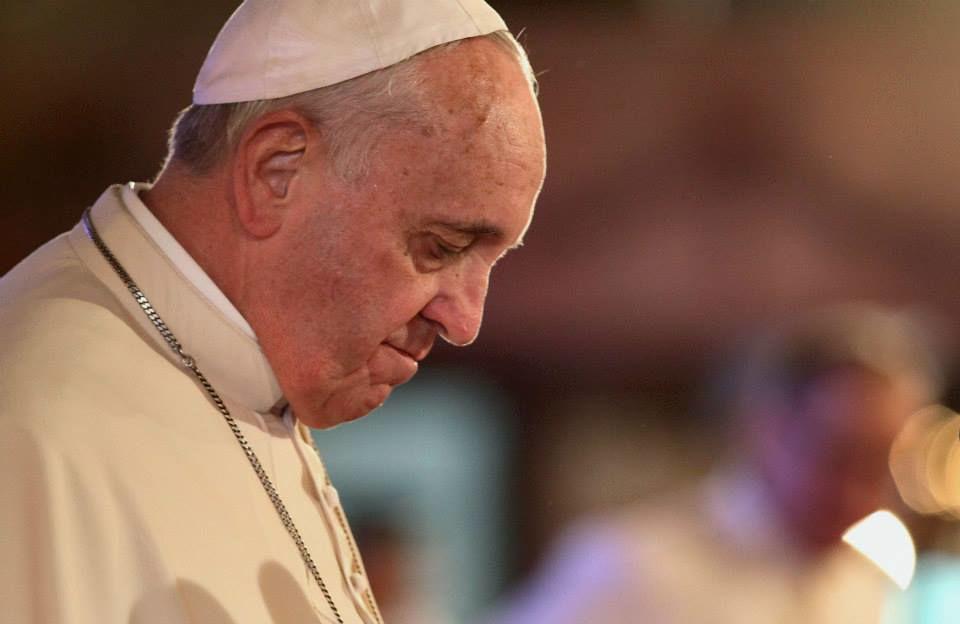The growing sexual misconduct allegations toward clergymen of the Roman Catholic Church has generated a crisis within the community. Catholics are shaming high-ranking members like Pope Francis for keeping past sexual child abuse cases in the dark. Likewise, some members are embarrassed to be affiliated with the Church and are questioning their faith. Male victims are sharing their story publicly, breaking the stigma placed on the dismissed population of male sexual abuse survivors.
This calamity has opened a new door for male victims of sexual misconduct who now have the opportunity for their struggles to be heard openly without major backlash. Men can address the pressure they have faced to remain silent and can suggest effective solutions to end sexual misconduct permanently in the church, preventing future boys from falling prey to these hypocritical and demented clergymen. It’s unfair that sexually abused men are told to “man up” and are constantly seen as overdramatic or hypersensitive if they speak up about their experiences.
I’m not surprised it took the exposure of sexual misconduct in a religious setting for people to fully realize men can be frequent targets and deeply affected by sexual misconduct. Further, I find it sickening that male victims who want to speak up are discouraged or ignored to protect the church’s reputation. Sexually abused men should be inspired to share their story without shame, and transcend societal barriers which hinder men from expressing their connectivity to this plaguing issue.
Rev. Andrew Merrick of Christ the King Roman Catholic Church at the University has addressed the problem of sexual child abuse in the community. He encourages students to follow the Diocese of Baton Rouge’s process for reporting sexual abuse of a minor, as most of the victims were sexually abused as kids.
Merrick’s encouragement and support is vital and should be embraced by other churches. The University’s male sexual abuse victims can feel comfortable sharing their story and helping other scared victims shed more light on male sexual abuse.
Ten men who were students of Louisiana teacher and former deacon George Brignac have decided to break their silence and share their scarring experiences publicly in 2018. The victims were empowered to share their stories after The Advocate reported that Brignac, who was defrocked in 1988 for pedophilia, managed to become a lay minister at St. Mary Magdalen Catholic Church.
Church officials have said three of the men received counseling from the Archdiocese of New Orleans, as several of the victims have claimed they were either raped or molested by Brignac. One victim even documented his sexual abuse in a journal, saying the defrocked deacon would follow him to the school restroom at St. Matthew and direct him to a specific stall.
“These are broken men who were raped in our parochial schools while the archdiocese did nothing,” Roger Stetter, a New Orleans plaintiffs’ attorney, said. “One of the victims used to be a firefighter and told me that it is harder for him to talk about this than it was to pull someone out of a fire, including a dead body. It’s that painful for them to talk about it.”
Male survivors who fall prey to sexual predators often stifle the severe effects it causes to fit the traditional masculine role in society. Those who decide to share their stories are either ridiculed or seen as egoists who are belittling women by insinuating sexual abuse victims aren’t predominantly female.
The rising allegations toward clergymen are eye-opening because they show male victims of sexual abuse can be mentally scarred and deserve to be acknowledged like women. Clergy who denounce sexual misconduct in the church, like Father Merrick, can encourage other men to tell their story, and continue the cycle of change and healing.
Jasmine Edmonson is a 20-year-old mass communication sophomore from Denham Springs, Louisiana.







